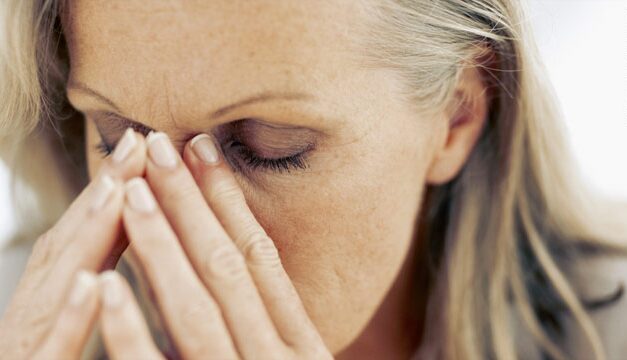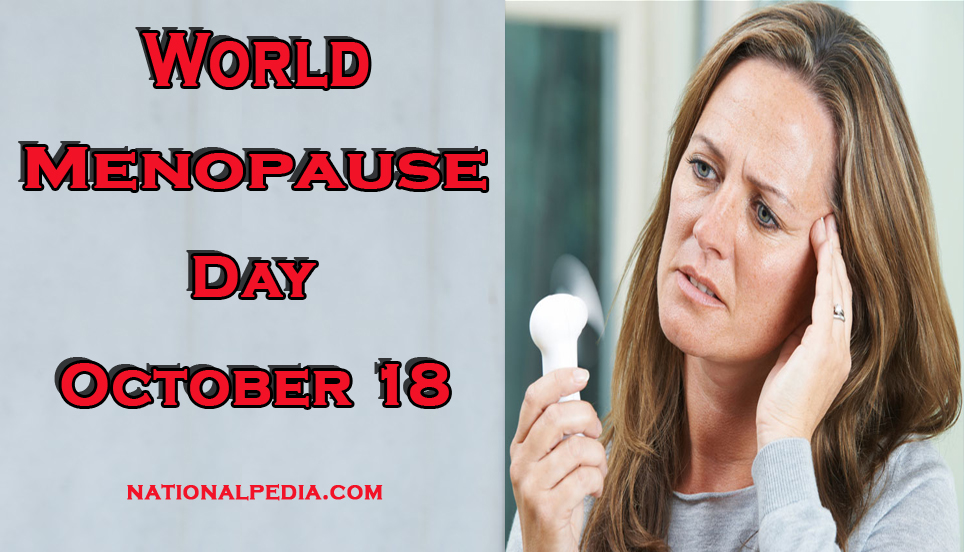We are going to share today is what national day ? On World Menopause Day day the International Menopause Society urges nations to put more emphasis on menopausal health issues. The World Health Organization estimates that by World Menopause Day in 2030, 1.2 billion women will be 50 years of age or older and that an increasing number of women can expect to live several decades after menopause.
World Menopause Day October 18
Unfortunately, a longer lifespan also results in a dramatic increase in the incidence of diseases and conditions that may be associated with the loss of estrogen in the middle of life. On this day, which is World Menopause Day, the International Menopause Society (IMS) urges nations to take active steps to educate women about the implications of menopause for health.

The goal of World Menopause Day is to honor all women. It targets the millions of women around the world who arrive at this vital stage of their lives every day, although many of them do not fully understand what menopause is and how it affects their health.
The challenge of World Menopause Day calls on all nations to give post-menopausal health a prominent place in research and public health to help women avoid unpleasant symptoms that can affect productivity and quality of life, and to reduce rates of osteoporosis, heart disease, colon cancer and other estrogen related diseases of aging.
What happens at menopause?
During this period of life, the woman’s body stops producing estrogen, which induces symptoms such as hot flushes, fatigue, vaginal dryness and insomnia. Loss of estrogen has also been associated with a number of serious diseases such as osteoporosis, heart disease, macular degeneration (blindness), tooth loss, colon cancer and a decline in cognitive function. The following information is important:
Hot flushes, sometimes accompanied by sweating and redness of the face, are the body’s response to decreased estrogen levels. During a hot flash, which typically lasts from 30 seconds to 5 minutes, the heart beats faster and the temperature of the skin increases. Painful intercourse due to dryness or tightening of vaginal tissue may be due to reduced estrogen levels. Half of women over the age of 50 will have a fracture due to osteoporosis. Recent studies have found that more than half of women are unaware that menopause increases the risk of heart disease. Yet cardiovascular diseases, particularly heart attacks and strokes, are the leading cause of death in the world today. Postmenopausal women are three times more likely than men to have Alzheimer’s disease, and research suggests that estrogen loss may play an important role.












